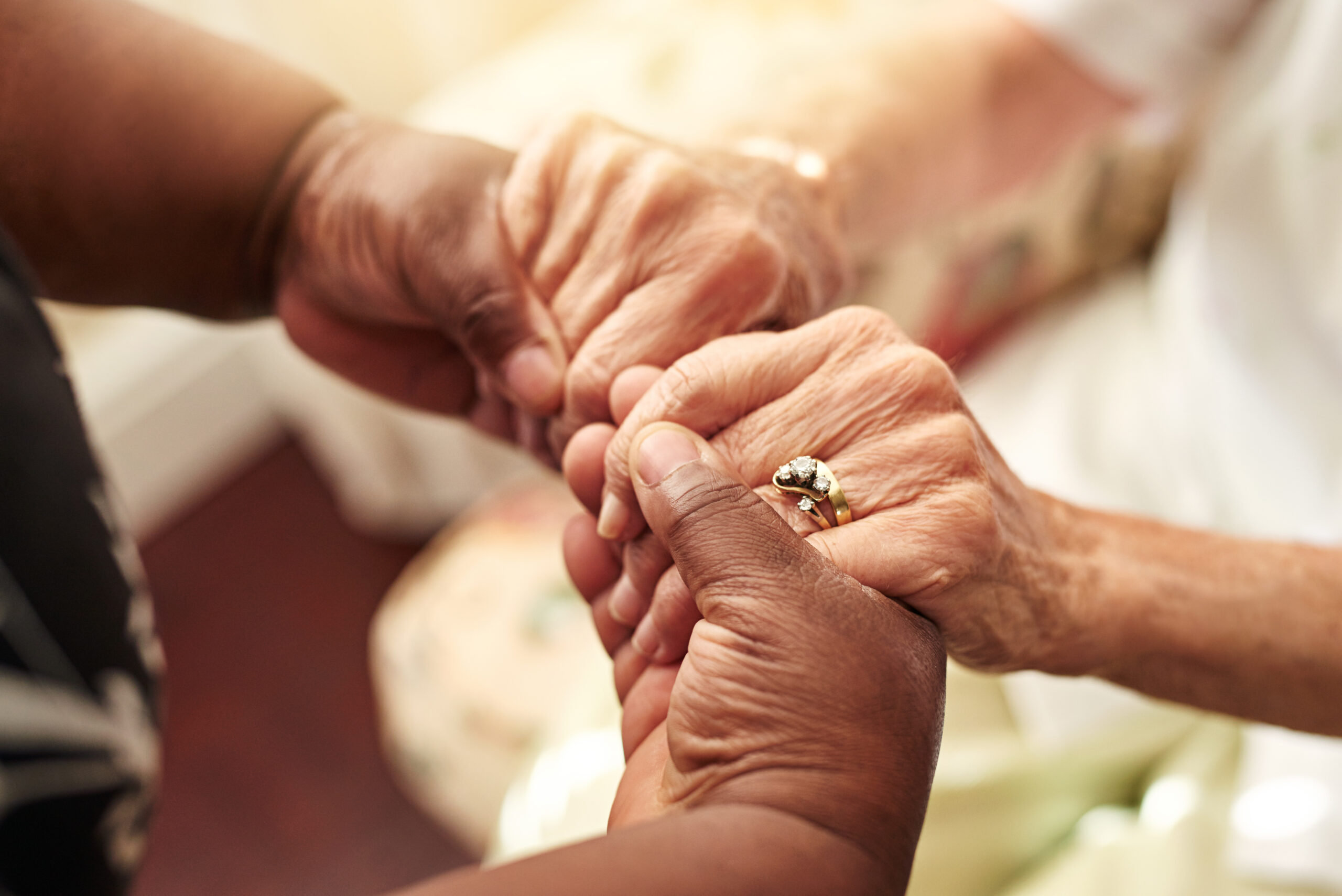Joint Ownership (with rights of survivorship) arises where two or more people own an undivided interest in an asset or property. When one of the owners dies, the entire ownership passes automatically to the surviving joint owner without going through probate. Because the use of joint property avoids probate, people sometimes use it as an estate planning method. Unfortunately, this often does more harm than good.
Joint Ownership results in loss of asset control because you are no longer the sole owner of your property. Jointly owned real estate cannot be sold without the permission and signature of all joint owners. Jointly owned bank accounts can be emptied by any joint owner, even though that owner has never contributed to the account.
Problems can arise even when you have total confidence in a joint owner. For instance, if a joint owner becomes incapacitated, some types of property cannot be transferred without going to court to have a judge appoint a conservator to act on the incapacitated joint owner’s behalf. The court will have ultimate control over the property until the incapacity ceases or the joint owner dies.
Making someone a joint owner of your property can create needless gift and capital gains taxes. For example, people often create joint ownership of real estate by using quit claim deeds. The problem is that the IRS may consider the creation of the joint tenancy as a gift to the newly added owners. If no gift taxes are paid (at rates of 20 to roughly 50%), the surviving joint tenants will have to pay capital gains taxes (5-35% rates) when the asset is sold later on. These capital gains taxes often far exceed any costs that would have been incurred by the asset going through probate. Making someone joint on an asset may also disqualify you from receiving Medicaid and Supplemental Security Income benefits.
With these perils in mind, remember that joint ownership of an asset (with rights of survivorship) only results in a temporary avoidance of the Probate Court. When the last joint owner dies the asset will pass through the Probate Court.




